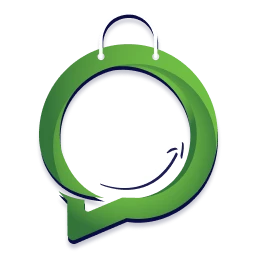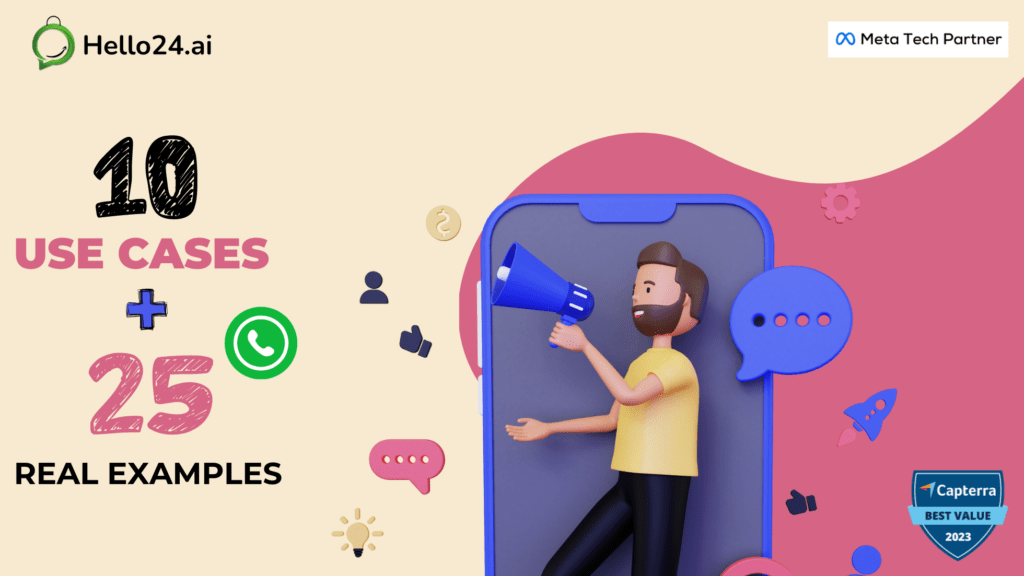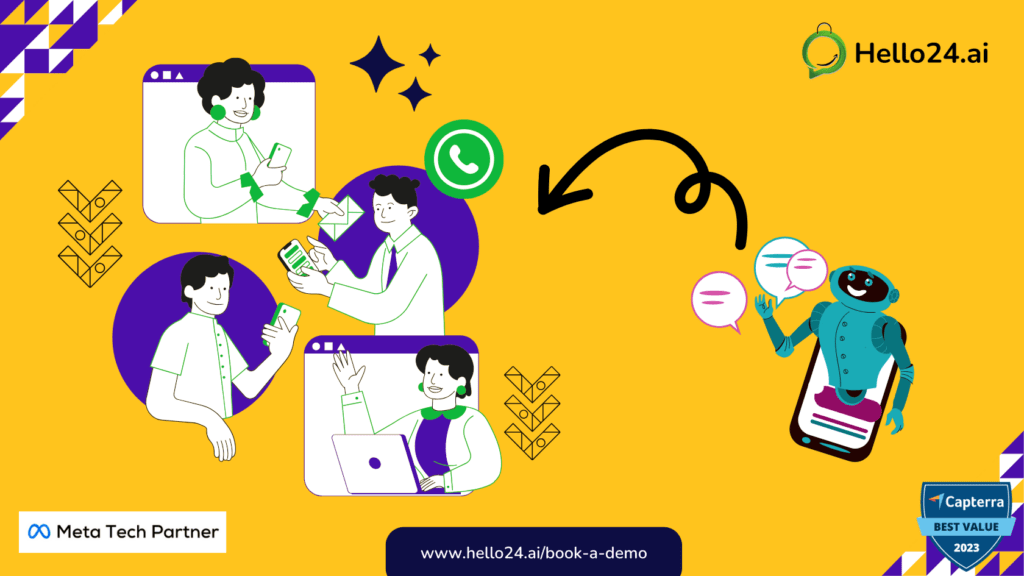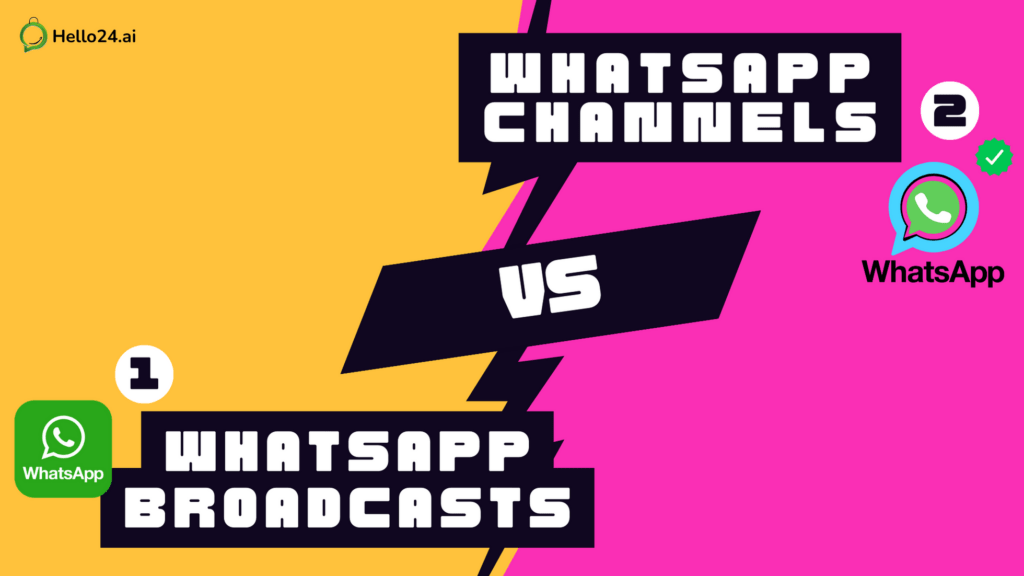Have you ever heard of WhatsApp forms? It can be a powerful tool for your lead engagement and conversion.
In this blog, we’ll explore 10 compelling use cases of how WhatsApp forms can be utilized for lead engagement and conversion.
1. Lead Generation Surveys:
Using WhatsApp forms for lead generation surveys allows businesses to gain valuable insights into their potential customers’ preferences and needs. A real estate consulting agency, for instance, could create a survey to understand the specific requirements of individuals looking to buy or rent property. Questions could include preferred location, budget range, and desired features, helping the agency tailor their offerings to meet customer expectations more effectively.
2. Event Registrations:
Event management companies can streamline the registration process by leveraging WhatsApp forms. Attendees can easily provide their details, including name, contact number, and any specific requirements or preferences they might have. This not only simplifies the registration process but also allows the company to gather crucial information for event planning and customization.

3. Product Demos and Trials:
For SaaS companies or businesses offering digital products, WhatsApp forms can be used to facilitate the distribution of trial versions. Interested users can submit their information through the form, and in return, they receive a link to download and explore the product. This approach not only generates leads but also encourages potential customers to experience the product firsthand.
4. Appointment Scheduling:
Healthcare providers, consultants, and service-based businesses can optimize appointment scheduling through WhatsApp forms. Patients or clients can choose their preferred date and time, specify the reason for the appointment, and provide any additional information necessary. This ensures a smoother process for both the business and the customer, reducing scheduling conflicts and enhancing overall efficiency.
5. Feedback and Testimonials:
Post-purchase feedback is crucial for businesses aiming to improve customer satisfaction and product offerings. By incorporating WhatsApp forms, e-commerce stores can solicit feedback from customers in a convenient and personalized manner. Offering incentives, such as discounts on future purchases, can encourage customers to share their experiences, leading to the generation of authentic testimonials.
6. Webinar Sign-ups:
Marketing agencies can utilize WhatsApp forms to boost webinar attendance. Users interested in participating can submit their details, and the agency can use this information to send event reminders and follow-up materials. This creates a more engaged audience and provides the agency with an opportunity to nurture leads through additional content.
7. Quizzes and Contests:
To add an element of fun and interactivity, businesses can run quizzes and contests through WhatsApp forms. Brands can pose questions related to their products or industry, encouraging users to participate. Offering prizes or discounts for correct answers creates a sense of excitement and helps build a loyal customer base.
8. Product Information Requests:
Retail stores in a mall can enhance customer experience by allowing inquiries about specific products through WhatsApp forms. Customers can ask questions about product details, sizes, or availability, and businesses can respond promptly, offering a personalized shopping experience. This not only fosters customer satisfaction but also increases the likelihood of conversions.
9. Customer Support and Issue Resolution:
Integrating WhatsApp forms into customer support channels streamlines the communication process for issue resolution. Customers can submit their concerns, along with relevant details, allowing support teams to address problems more efficiently. This real-time interaction enhances customer satisfaction and loyalty.
10. Subscription Services:
YouTube content creators, news outlets, or any business with regular updates can use WhatsApp forms for subscription services. Users can opt to receive daily or weekly updates tailored to their preferences. This personalized approach not only keeps users informed but also provides businesses with a direct and effective channel for communication.
Now let’s explore 25 real-life examples of how businesses are using WhatsApp forms for lead conversion.
- Real Estate: A real estate agency uses WhatsApp forms to allow potential property buyers to schedule property viewings & site visits. Prospective buyers can provide their contact information and preferred viewing times, enabling the agency to follow up and arrange the appointments seamlessly.
- E-commerce: An online retailer utilizes WhatsApp forms to enable customers to inquire about product details and pricing thereby collecting contact information into a google sheet for lead conversion and specific product interests, the retailer can provide personalized assistance and drive conversions.
- Travel and Tourism: A tour operator leverages WhatsApp forms to gather lead information for customized travel itineraries. Prospective travelers can share their preferences and budget, allowing the operator to tailor unique travel packages and initiate conversations directly on WhatsApp.
- Education: A language school uses WhatsApp forms to capture leads interested in enrolling in courses. By collecting details such as language proficiency and preferred course timings, the school can engage with potential students and provide relevant course information.
- Healthcare: A telemedicine service implements WhatsApp forms for lead generation and appointment scheduling. Prospective patients can provide their health concerns and preferred consultation times, enabling the service to follow up and convert leads into scheduled appointments.
- Interior Design: An interior design firm uses WhatsApp forms to gather lead information for design consultations. Prospective clients can provide details about their design preferences and contact information, enabling the firm to initiate conversations and offer customized design solutions.
- Automotive: A car dealership integrates WhatsApp forms on its website to allow potential buyers to request test drives. By capturing lead information and preferred vehicle models, the dealership can arrange test drive appointments and guide leads through the purchasing process.
- Financial Services: A wealth management firm utilizes WhatsApp forms to gather lead information for personalized financial consultations. Prospective clients can share their investment goals and contact details, enabling the firm to initiate meaningful discussions and offer tailored financial solutions.
- Event Management: An event planning company implements WhatsApp forms to capture leads interested in organizing special events. By collecting details such as event type and estimated guest count, the company can engage with potential clients and provide customized event proposals.
- Home Services: A home maintenance company uses WhatsApp forms to enable potential customers to request service quotes. By gathering lead information and specific service requirements, the company can follow up with personalized quotes and convert leads into confirmed service bookings.
- ✅ Check how you can qualify a lead here with WhatsApp Automation
- Legal Services: A law firm integrates WhatsApp forms on its website to capture lead inquiries for legal assistance. Prospective clients can provide details about their legal needs, allowing the firm to initiate conversations and provide guidance on the next steps.
- Food and Beverage: A restaurant chain uses WhatsApp forms to allow customers to make reservations and inquire about menu items. By collecting lead information and preferred dining times, the restaurant can provide personalized assistance and drive conversions.
- Fashion and Apparel: A clothing retailer utilizes WhatsApp forms to enable customers to request size and color availability for specific products. By capturing lead information and product preferences, the retailer can provide personalized assistance and drive conversions.
- Hospitality: A hotel chain implements WhatsApp forms to gather lead information for room bookings and special requests. Prospective guests can provide their preferences and contact details, enabling the hotel to tailor their stay and initiate conversations directly on WhatsApp.
- Non-Profit Organizations: A charity organization uses WhatsApp forms to capture lead information for donations and volunteer opportunities. By collecting details such as donation amount and preferred volunteer roles, the organization can engage with potential donors and volunteers and provide relevant information.
- Technology: A software company integrates WhatsApp forms on its website to allow potential customers to request product demos. By capturing lead information and specific product interests, the company can arrange demos and guide leads through the purchasing process.
- Beauty and Wellness: A spa and wellness center uses WhatsApp forms to gather lead information for appointment scheduling and service inquiries. By collecting details such as preferred services and contact information, the center can engage with potential clients and provide customized wellness solutions.
- Art and Design: An art gallery integrates WhatsApp forms on its website to capture leads interested in purchasing artwork. By capturing lead information and specific artwork interests, the gallery can provide personalized assistance and drive conversions.
- Sports and Fitness: A gym and fitness center implements WhatsApp forms to capture leads interested in memberships and class schedules. By gathering lead information and specific fitness goals, the center can engage with potential members and provide tailored fitness plans.
- Marketing and Advertising: A marketing agency integrates WhatsApp forms on its website to capture leads interested in marketing services. By collecting details such as marketing goals and preferred services, the agency can engage with potential clients and provide tailored marketing solutions.
- Consulting Services: A consulting firm uses WhatsApp forms to gather lead information for business consulting services. Prospective clients can provide details about their business needs and contact information, enabling the firm to initiate conversations and offer tailored consulting solutions.
- Recruitment: A staffing agency uses WhatsApp forms to capture lead information for job openings. Prospective candidates can provide their job preferences and contact details, enabling the agency to initiate conversations and offer relevant job opportunities.
- Insurance: An insurance company integrates WhatsApp forms on its website to allow potential customers to request insurance quotes. By capturing lead information and specific insurance needs, the company can provide personalized quotes and guide leads through the purchasing process.
- Music and Entertainment: A music festival implements WhatsApp forms to capture leads interested in attending the festival. By gathering lead information and specific music preferences, the festival can engage with potential attendees and provide customized festival experiences.
- Pet Services: A pet grooming and boarding company uses WhatsApp forms to gather lead information for service bookings and inquiries. By collecting details such as pet breed and service requirements, the company can engage with potential clients and provide customized pet care solutions.
That’s a Wrap-up on WhatsApp Forms For Lead Conversion
Now if you are taking your business/ecommerce store on whatsapp. Then obviously WhatsApp forms are something must-have for lead conversion.
Customized whatsapp forms for various scenarios help you further streamline lead capture, spark meaningful conversations, and ultimately enhance conversion rates. And we have seen brands missing out on creating impactful conversations with their new-to-business customers.
Don’t miss out!



